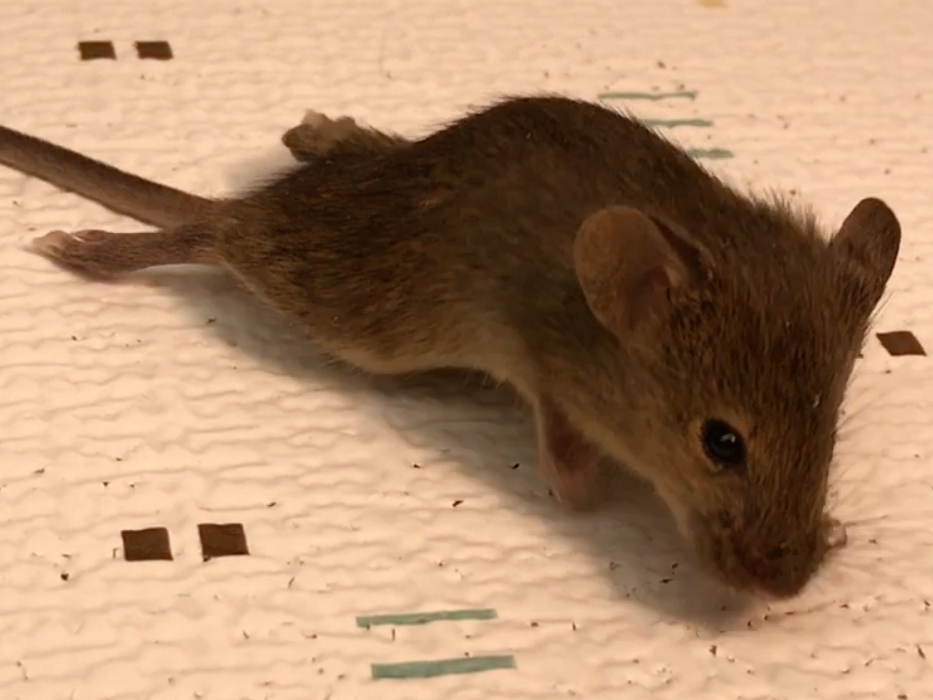Enterovirus D68 Mouse Model
A mouse model for the human enterovirus D68 (EV-D68) that provides an animal model for use in the testing and experimentation of disease treatments.
Problem
Enteroviruses are a common cause of summer and fall illness. Over 100 known strains of the virus cause approximately 15 million infections annually in the United States. No mouse or other animal models have been developed to evaluate experimental drugs for human EV-D68 infections. The testing of experimental drugs and vaccines in order to find treatment for these infections is not possible without a model.
Solution
One particular enterovirus, EV-D68, is a common non-polio virus; however, in 2014, a novel strain appeared that has been linked to an increase in polio-like cases with children suffering sudden onset weakness in one or more limbs. The novel strain of EV-D68, known as B1, has only 5 to 6 coding differences from previous novel strains in the United States.
Researchers at Utah State University developed a mouse model by adapting the human EV-D68 virus to AG129 mice through serial passage. The adaptation of the virus to AG129 helped researchers identify four components of the disease that provide an animal model for the evaluation of experimental drugs and vaccines to treat and prevent the human virus.
The five components of the EV-D68 mouse model include:
- Viral replication in the lungs of mice (up to 3 logs, 1000x increase in virus titers
- Virus in the blood (viremia) after intranasal inoculation
- Histological changes (pathology) in the lung after virus infection
- Significant variations in lung function
- A significant increase in cytokine levels in the lungs of infected animals
Benefits
The technology provides a platform to develop and evaluate experimental drugs and vaccines for the treatment of EV-D68.
Applications
Scientific research and vaccine development is an applicable industry for the EV-D68 mouse model.

Contact
Questions about this technology including licensing availability can be directed to:
Christian Iverson, MBA
Executive Director, Technology Transfer Services
(435) 797-9620 christian.iverson@usu.edu
Inteum ID BM17017
Development Stage
TRL 5
Publications
"Causation of Acute Flaccid Paralysis by Myelitis and Myositis in Enterovirus-D68 Infected Mice Deficient in Interferon aB/y Receptor Deficient Mice"
- Tarbet et al., Viruses

